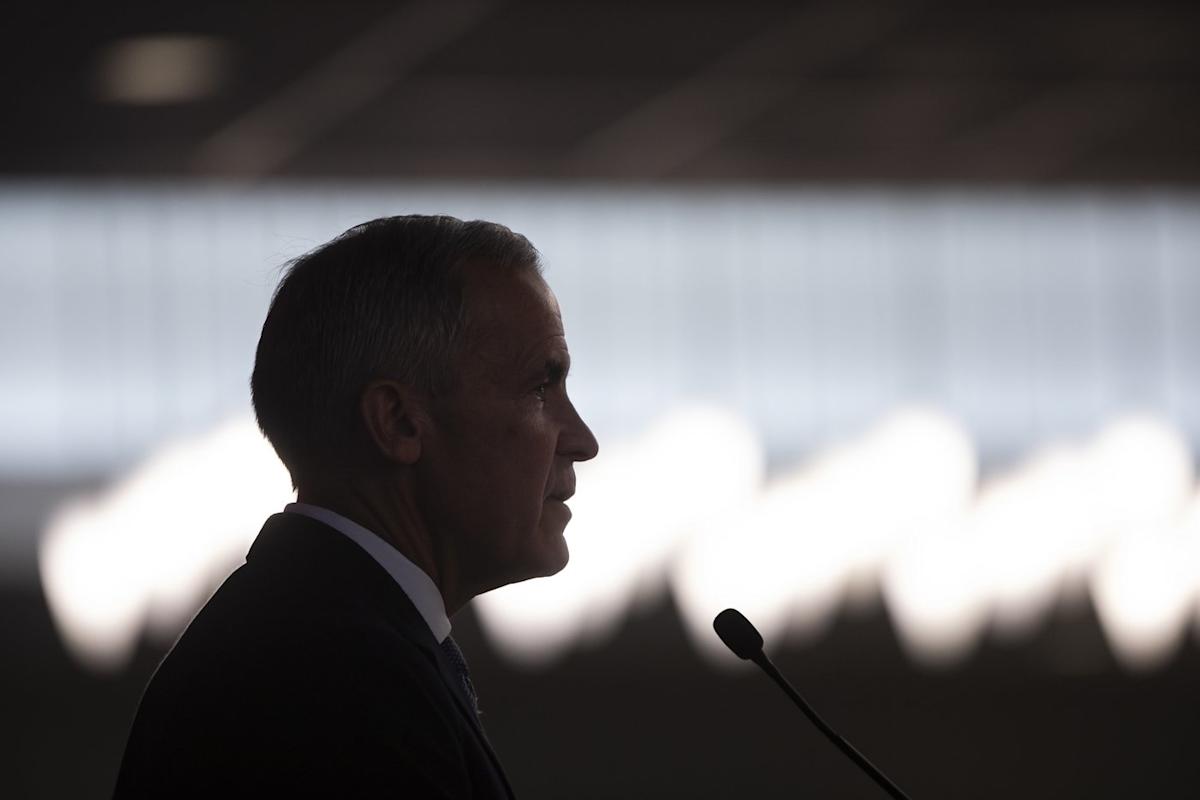EDMONTON — An expansion to the Port of Montreal and work to double liquefied natural gas production in B.C. are among the first five projects under consideration for fast-track approval through the federal government’s new major projects office.
Prime Minister Mark Carney said Thursday these are all viable projects “in the national interest” and Ottawa’s new major projects office intends to “move quickly so that these projects can move forward.”
“The proponents behind each of these projects have already done much of the hard work,” Carney told a press conference in Edmonton. “They’ve undertaken already extensive consultations with Indigenous Peoples, consultations that meet the standards of existing legislation.”
The first list includes five projects that will be considered for speedy approval by the major projects office, and another five that require further development.
The projects up for fast-track approval include a first-of-its-kind small modular reactor in Clarington, Ont., a new copper and zinc mine in Saskatchewan and an expansion of the Red Chris Mine copper operation in northwestern B.C.
The projects represent more than $60 billion in investment, Carney said.
The prime minister said the projects he announced are “very advanced” and the new office will help shepherd them past the final regulatory hurdles.
Carney said it’s “no accident” the mining and LNG projects are on the list because they meet environmental goals set out in law.
He said the timeline for granting final approval to the fast-tracked projects will be no longer than two years.
Carney made the announcement at a carpentry training facility in Edmonton, on the final day of the Liberals’ national caucus retreat — where he even picked up a hammer himself at one point and drove a few nails through a board. He failed the first try but persisted until he succeeded.
The Prime Minister’s Office said the LNG Canada Phase 2 project in Kitimat, B.C., would double Canada’s liquefied natural gas production and open a pathway for approval of other LNG projects.
Projects identified for future development include enhancements to the Port of Churchill in Manitoba, a proposed high-speed rail line between Toronto and Quebec City, a 50-gigawatt wind energy project in Nova Scotia and an Alberta-based carbon capture and storage project.
Once complete, Carney said, the carbon capture facility could lead to a “decarbonized” pipeline project. At this point, there is no private-sector proponent for a new oil pipeline.
